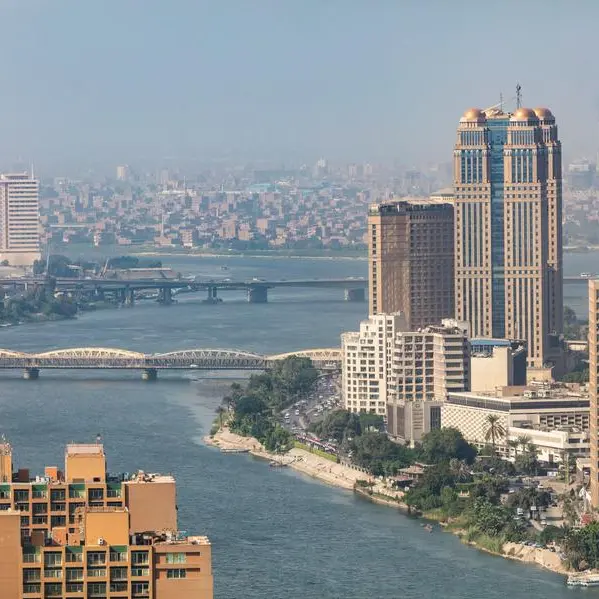PHOTO
The Telecommunications and Digital Government Regulatory Authority (TDRA) announced the launch of the operational stage of the ICT Regulatory Sandbox to ensure an appropriate legislative response to newly introduced products and services to the market by companies in the industry.
The importance of this initiative lies in the fact that it provides a pilot environment that allows testing new emerging tech services and products in the ICT sector for a set duration of time, so that such products and services run as if they were “approved”. This is done with the aim of identifying all implications of allowing the same on the market from the legislative, environmental, social, procedural, technological and other aspects. After a product or service passes testing in the new environment, it receives a licence for production or distribution in the local market.
Majid Sultan Al Mesmar, Director-General of the Telecommunications and Digital Government Regulatory Authority, highlighted the importance of this step. He said, “The current era is characterised by the rapid emergence of new technologies and the resulting products, services and work methods. This requires the continuous development of legal frameworks, which is what makes the “Regulatory Sandbox” initiative, an innovative and practical solution. The initiative helps in discovering the pros and cons of the products and solutions before they are allowed to be introduced into the market.”
Al Mesmar added, “The ICT Regulatory Sandbox plays a pivotal role in solidifying UAE's investment attractiveness, and promoting entrepreneurship, thereby strengthening market dynamics and contributing to the establishment of a Forward Ecosystem as stipulated in the ‘We the UAE Vision 2031’. As of now, we invite businesses that have new ICT-related products or services to apply to make use of this regulatory environment managed by TDRA and overseen by a range of top experts and specialists in many relevant areas.”
Mohammed Al Ramsi, Deputy Director-General of the Telecommunications Sector at TDRA, explained that the first step to start using the regulatory sandbox begins by submitting an application through TDRA’s official website, which includes filling in details of the new product that the applicant wishes to get approved and released to the market. The application is then initially evaluated according to a set of basic criteria and then evaluated in detail by the regulatory sandbox team whereby legislative, and technical dimensions are considered, as well as potential effects on the market as a result of the entry of the product or service in question.
In the next step, the products undergo further market environment testing and are placed under close and multifaceted scrutiny. In the final stage, experts and specialists engaged in analysing the results in preparation for making a final verdict regarding the new product.
Al Ramsi noted that in the event of observations or remarks by the experts and specialists, the company owning the product shall render a report showing the required remedial actions to the said product before allowing it to be re-introduced into the regulatory sandbox. Communication channels remain open between TDRA and the applicant to enable the latter to address gaps and meet the requirements in preparation for re-entry into the regulatory sandbox.
The list of products and services tested by the regulatory sandbox expands to encompass virtual-, augmented- and mixed-reality products, cloud computing, smart applications, IoT applications, digital twins, and blockchain products. SMBs, startup entrepreneurs, and companies operating in the ICT sector are among the main beneficiaries of this service.





















